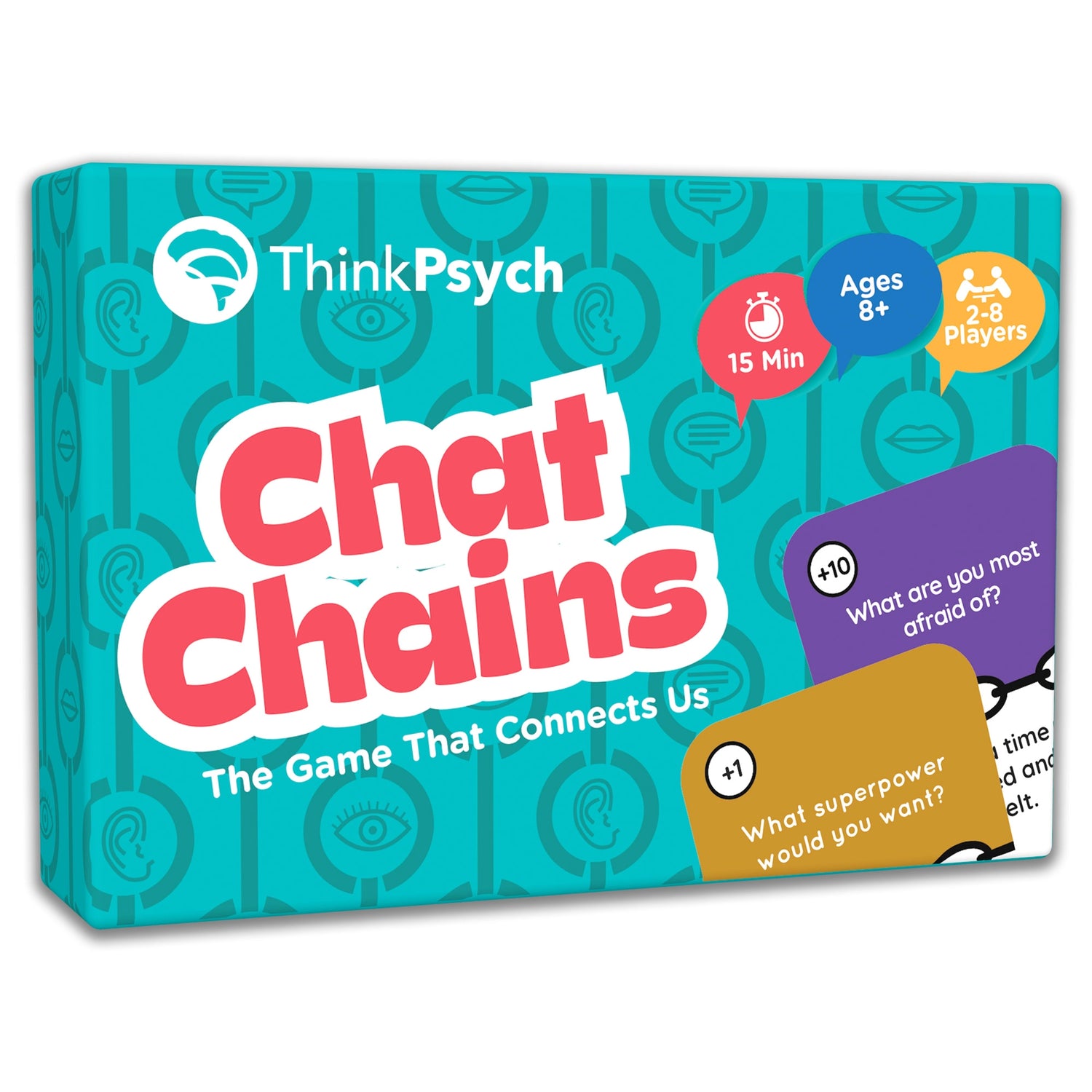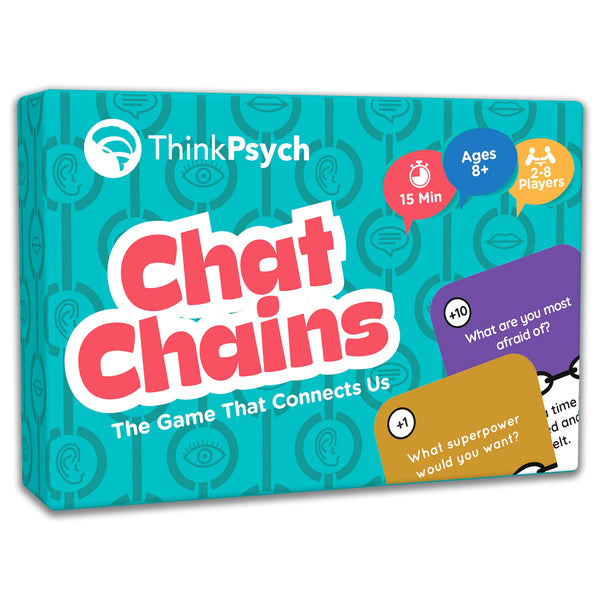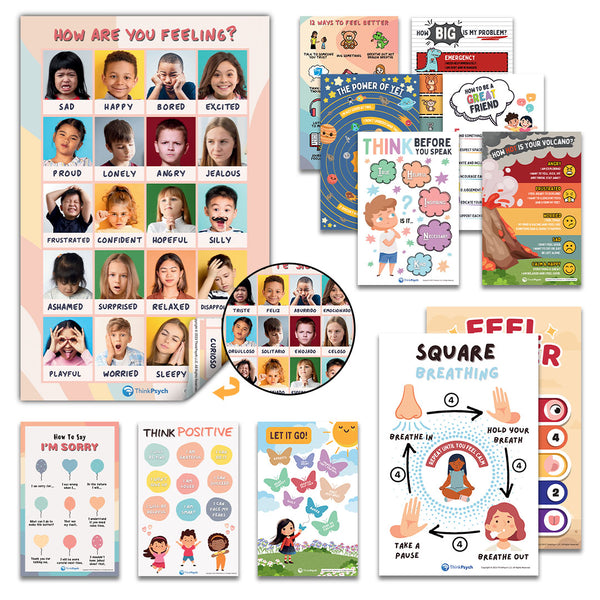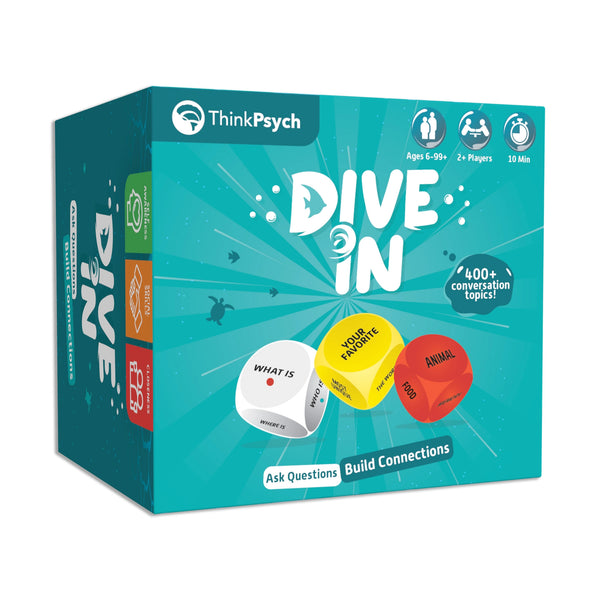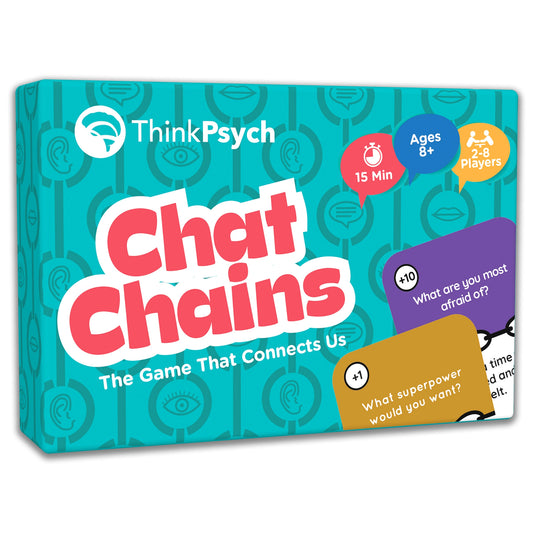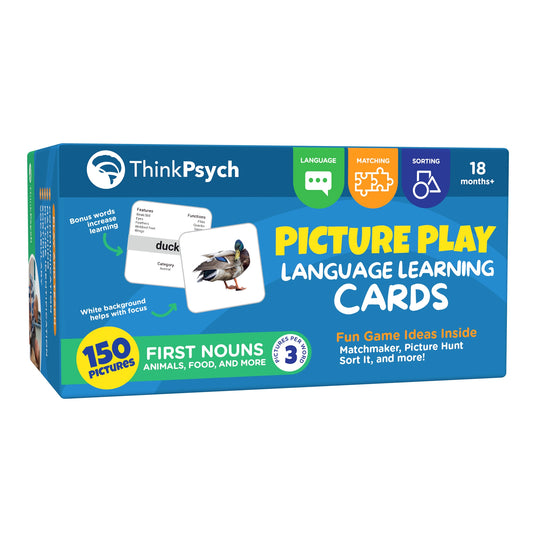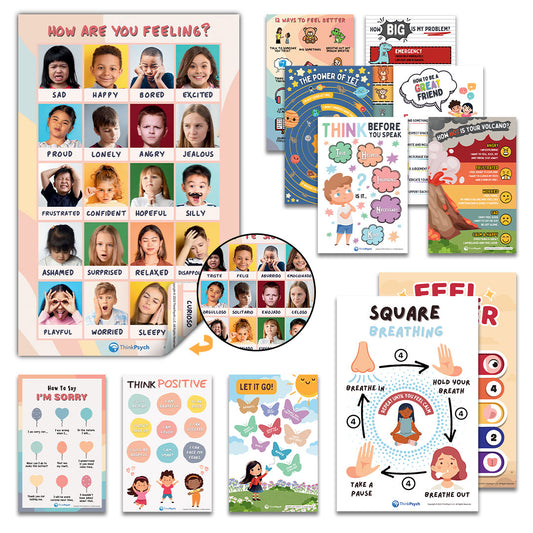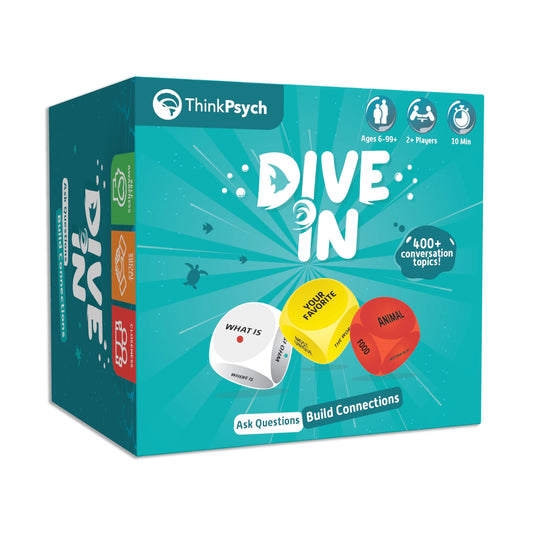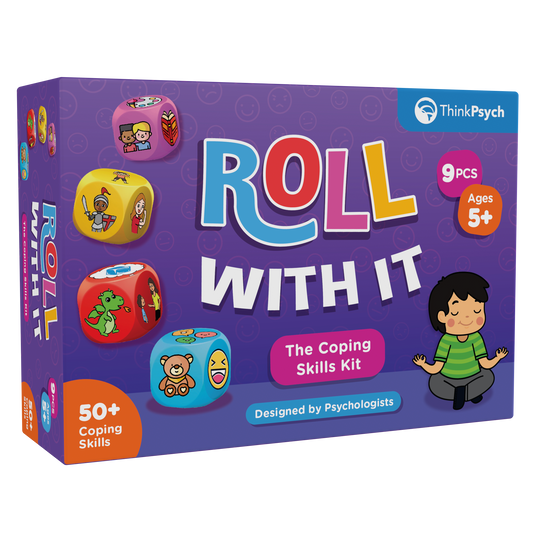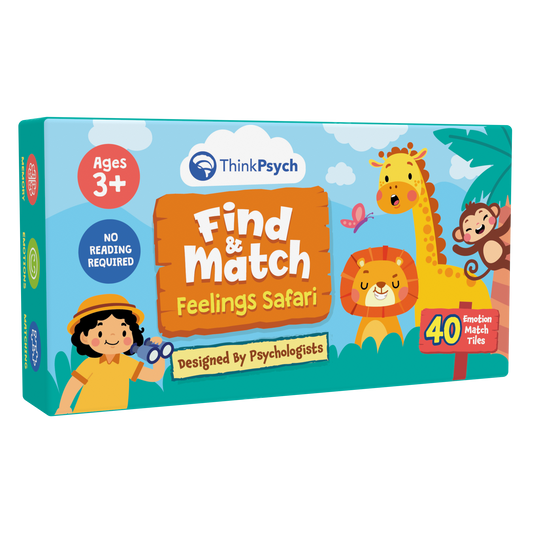
7 Activities for Kids to Build Social Skills at Home
Share
Kids who build strong social skills are more likely to be successful later in life. Not only do social skills pave the way for healthy relationships, they also position kids for better learning outcomes.
While kids pick up social skills from going to school and playing with friends, you can help boost their skills at home too. As your family social distances during the pandemic, it’s vital to keep developing social skills at home.
To help your kids improve their social skills, you should intentionally plan activities that improve their aptitude in listening, sharing, and perceiving emotions. Here are some of the best activities to improve your kid’s social prowess from the comfort of your home.
Social skills to focus on
Social skills can refer to a range of abilities aimed at getting along with others. Kids need to practice these skills in order to learn and apply them in daily interactions, including:
- Listening
- Sharing
- Perceiving and identifying emotions
- Showing empathy
- Following directions
- Taking turns
- Making eye contact
- Cooperating with others
- Making independent decisions
- Being flexible
- Handling big feelings
- Using manners
- Asking for help
While this isn’t an exhaustive list, these are common social skills that take time for children to learn.
7 activities for building social skills
Remember that any activities that develop the social skills listed above are game. You can even invent your own activities, according to your kid’s interests and the materials you have handy at home. To get you started, here are some of our favorites.
1. Make believe with characters
Take out a few of your kid’s dolls, figurines, stuffed animals, or other characters. Come up with a situation and have the characters interact with each other. This is a good opportunity to practice perceiving emotions. You can guide your child by asking questions about the characters’ feelings, i.e. “How does that make Olaf feel?”
2. Create an obstacle course
Turn your living room or backyard into an obstacle course. This activity is ideal for more than one kiddo in the house, as they can take turns going through it or complete it as a team. With the course, your kids can practice following directions, taking turns, cooperating and asking for help. It’s also a blast! For older kids, you can even add problem-solving elements, such as a riddle or a clue that they have to figure out in the middle of the course.
Shop ThinkPsych Products
3. Play emotion charades
Charades are a showstopper for kids. In this version, you can write down different emotions on strips of paper. Then, your kids have to act out the emotion and try to guess each other’s. This is a simple game to teach kids how to perceive and identify emotions. You can also work on feelings through kid conversation starters, such as Chat Chains.
4. Care for a plant or garden plot
Gardening is an excellent activity for learning to care for living things. Set up a small plot specifically for each of your kids and teach them how to plant, water and care for it. (Or, if you don’t have a backyard, a potted plant is just as good.) Your kids will learn to listen to directions and share the experience of growing their gardens.
5. Do a bookworm workout
Bookworm workouts are perfect for honing listening skills. As you read a book with your kids, pick a word that repeats a lot. Whenever you read this word, have your kids do a jumping jack, a spin, or a dance move. This gets your kids moving, while also making sure they’re paying attention!
6. Make a rice musical instrument and play rhythm games
Rice musical instruments, such as rain sticks, are super fun. Not only do kids learn to follow instructions, they also can help each other and share how they’re going to personalize their rain sticks. Once you’ve made the rice musical instruments, your kids can play rhythm games, which help them learn to listen and cooperate.
7. Set up virtual play dates
In-person play dates may not be possible, but virtual ones are still a go! Have your kid video call a friend and do an activity together, such as a craft. They’ll learn to engage and listen to each other, as well as share what they’re up to.
Make social skills a regular habit
Social skills are the foundation for emotional intelligence and developing them is especially important during the pandemic. You can jumpstart your kids’ skills through these activities, or others of your own making. Be sure to practice them regularly at home so your kids deepen their skills – and have fun at the same time!
Sources:
1. Parents, 14 Ways to Build Your Child’s Social Skills From Home, https://www.parents.com
2. Child Mind Institute, Teaching Social Skills at Home, https://childmind.org
3. L.A. Parent, 10 Ways to Practice Social Skills at Home, https://www.laparent.com
4. Positive Action, 20 Evidence-Based Social Skills Activities and Games for Kids, https://www.positiveaction.net
